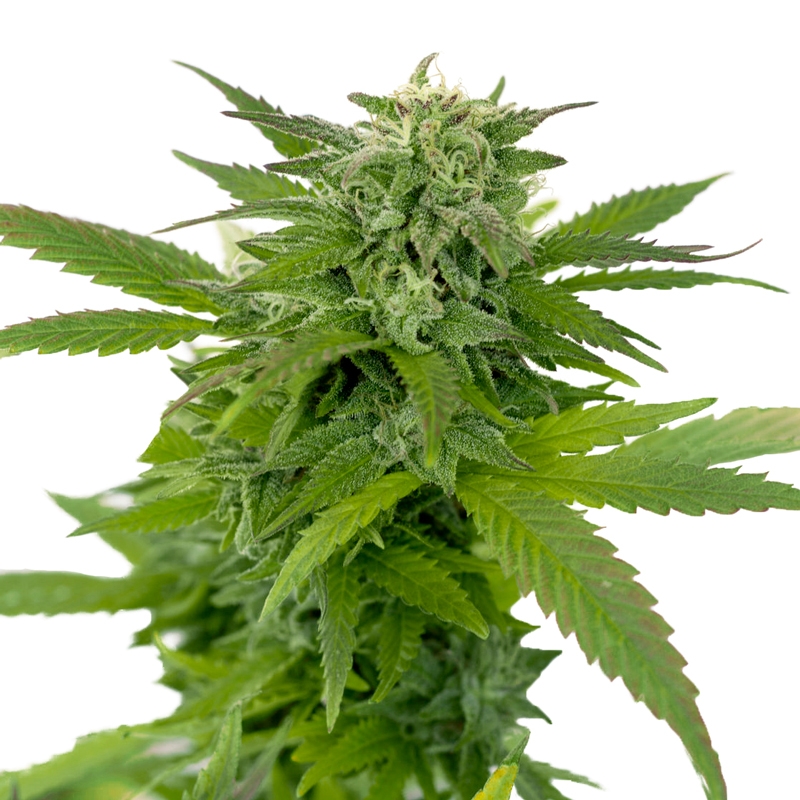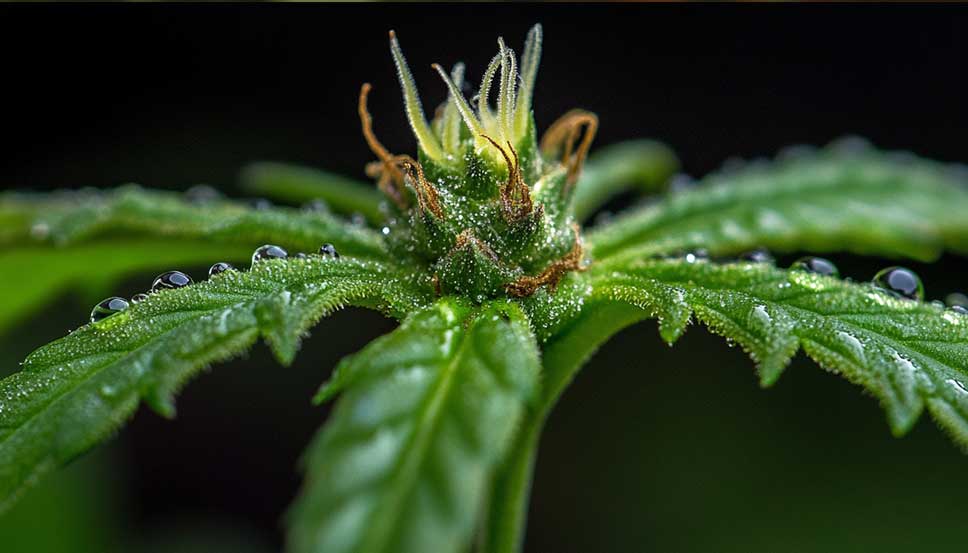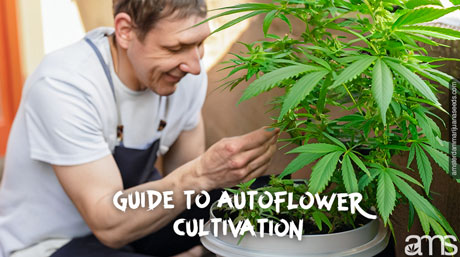Most cannabis users associate weed with easing nausea, boosting appetite, and helping with digestion. But for some, a different question comes up: does weed cause gastritis? As cannabis use becomes more common—both recreationally and medicinally—more people are reporting unexpected side effects, including digestive discomfort.
Could smoking weed really irritate your stomach or even trigger inflammation in the stomach lining? Or is it just a coincidence when those symptoms show up?
In this article, we’ll break down what science currently says about the relationship between cannabis and gastritis, when weed might help or hurt your gut, and how to use it safely if you have a sensitive stomach.
What Is Gastritis? A Quick Overview
Before diving into whether weed causes gastritis, let’s understand what gastritis actually is. Gastritis refers to the inflammation of the stomach lining. It can be acute (sudden and short-term) or chronic (long-term), and it may develop gradually over time.
Common causes of gastritis include:
- Excessive alcohol consumption
- Regular use of NSAIDs (like ibuprofen or aspirin)
- Helicobacter pylori (H. pylori) bacterial infection
- Chronic stress
- Smoking and other irritants
Symptoms may vary but often include:
- Burning pain or discomfort in the upper abdomen
- Nausea or vomiting
- Bloating and gas
- Loss of appetite
- Indigestion or heartburn
Left untreated, gastritis can lead to ulcers or more serious complications. That’s why it’s important to understand what might be making it worse—including potentially cannabis.

Cannabis and the Digestive System: How They Interact
To explore the question does weed cause gastritis, it’s helpful to look at how cannabis affects the digestive system overall. The body’s endocannabinoid system (ECS) plays a role in regulating many gut-related processes, including inflammation, appetite, motility, and nausea.
Cannabinoid receptors—especially CB1 and CB2—are found throughout the gastrointestinal tract. THC and CBD, the primary compounds in cannabis, can both influence how these receptors function.
Potential digestive effects of cannabis include:
- Reduced stomach acid production (in some cases)
- Slower gastric emptying (which may cause bloating or discomfort)
- Changes in gut motility (which may either ease or worsen symptoms depending on the dose and individual)
- Anti-inflammatory effects through CB2 receptor activation
Because of these effects, cannabis has been explored as a treatment for conditions like IBS, Crohn’s disease, and nausea associated with chemotherapy. However, these same mechanisms can potentially backfire in certain users—especially with frequent or high-dose use.
Cannabis and the Digestive System: How They Interact
To better understand the question does weed cause gastritis, it’s useful to examine how cannabis interacts with the digestive system. The body’s endocannabinoid system (ECS) plays a major role in regulating many gut-related processes, including inflammation, appetite, motility, and nausea.
Cannabinoid receptors—especially CB1 and CB2—are present throughout the gastrointestinal tract. THC and CBD, the two most studied compounds in cannabis, can influence how these receptors function and affect the balance of the digestive system.
Potential digestive effects of cannabis include:
- Reduced stomach acid production (in some cases)
- Slower gastric emptying (which may cause bloating or discomfort)
- Changes in gut motility (which may either ease or worsen symptoms depending on the dose and individual)
- Anti-inflammatory effects through CB2 receptor activation
Because of these effects, cannabis has been explored as a treatment for conditions like IBS, Crohn’s disease, and nausea associated with chemotherapy. However, these same mechanisms can potentially backfire in certain users—especially with frequent or high-dose use.
When Weed Might Help, and When It Might Hurt
Like many things in cannabis, context is everything. Some people turn to weed for relief, while others wonder does weed cause gastritis or make their symptoms worse. The truth is: it depends. Weed may soothe the stomach for some—but in others, it could trigger inflammation or digestive upset. Understanding when and how to use it is key.
When It Might Help
- Low to moderate doses of cannabis may help reduce nausea, ease abdominal tension, and stimulate appetite.
- CBD-rich strains or products can reduce inflammation and anxiety, both of which may play a role in managing gastritis symptoms.
- Edibles or tinctures may bypass some of the irritation caused by smoking or vaping, offering a gentler alternative.
When It Might Hurt
- Frequent high-THC use can potentially overstimulate the gut and lead to symptoms like bloating, delayed gastric emptying, or nausea.
- Smoking on an empty stomach may increase acidity or irritate the lining, especially in sensitive individuals.
- Using weed to mask chronic symptoms like persistent stomach pain could delay a proper medical diagnosis and treatment.
If you’re experiencing consistent digestive discomfort and wonder whether smoking weed causes gastritis, it’s worth evaluating your consumption habits and how your body reacts—because not every strain or method works the same for everyone.
Tips to Use Cannabis Safely with a Sensitive Stomach
If you’re asking yourself does weed cause gastritis and you already have a sensitive gut or a history of stomach issues, you don’t necessarily have to avoid cannabis—but you should approach it mindfully. Here are some tips to help reduce the risk of irritation while still benefiting from weed’s therapeutic effects:
1. Avoid Smoking, or Use Low-Heat Methods
Combustion (smoking joints or blunts) can introduce stomach-irritating byproducts. Opt for:
- Vaporizers set to lower temperatures
- Edibles with clean ingredients
- CBD or THC tinctures taken with food
2. Don’t Consume on an Empty Stomach
Using weed when you’re hungry might seem helpful, but it can irritate the stomach lining—especially with high-THC strains. Eat a small, balanced meal first to reduce acid spikes.
3. Choose Strains Wisely
Look for varieties that are:
- High in CBD or balanced in THC:CBD ratio
- Rich in anti-inflammatory terpenes like myrcene or beta-caryophyllene
- Lower in pinene or limonene if you’re prone to acid reflux
4. Start Low, Go Slow
If you’re trying a new product, especially an edible or concentrate, test a small dose first to see how your stomach responds. Sensitivity varies widely.
By adjusting your method and being mindful of how cannabis affects you, it’s possible to enjoy its benefits without triggering digestive discomfort—or worsening weed-related gastritis symptoms.
When to See a Doctor
If you’re experiencing ongoing digestive symptoms—whether or not you use cannabis—it’s important not to self-diagnose. While occasional discomfort might not be a big deal, persistent issues could point to a more serious condition like chronic gastritis, ulcers, or something unrelated to cannabis entirely.
You should consult a healthcare provider if you notice any of the following:
- Frequent or severe stomach pain after using weed
- Unexplained weight loss or loss of appetite
- Black or bloody stools
- Persistent nausea, vomiting, or acid reflux
- Symptoms that don’t improve after reducing cannabis use
A doctor can help rule out underlying issues, guide you on lifestyle adjustments, and discuss whether your cannabis use might be contributing to the problem. In some cases, a temporary break from cannabis may be recommended to observe whether symptoms improve.
Conclusion
So, does weed cause gastritis? For some users, especially those who consume frequently or on an empty stomach, cannabis may contribute to digestive irritation or discomfort. However, for others, especially those using balanced or CBD-rich strains, it can help ease nausea and inflammation.
The key lies in understanding how your body responds, choosing the right products and consumption methods, and avoiding habits that may aggravate your stomach—like smoking on an empty stomach or overdoing high-THC strains.
If you’re experiencing ongoing gut issues or wondering does weed cause gastritis in your case, it’s always best to speak with a healthcare professional. Cannabis can be part of a wellness routine—but only if it works with your body, not against it.
As with most things in the world of weed: listen to your body, start low, and go slow.















